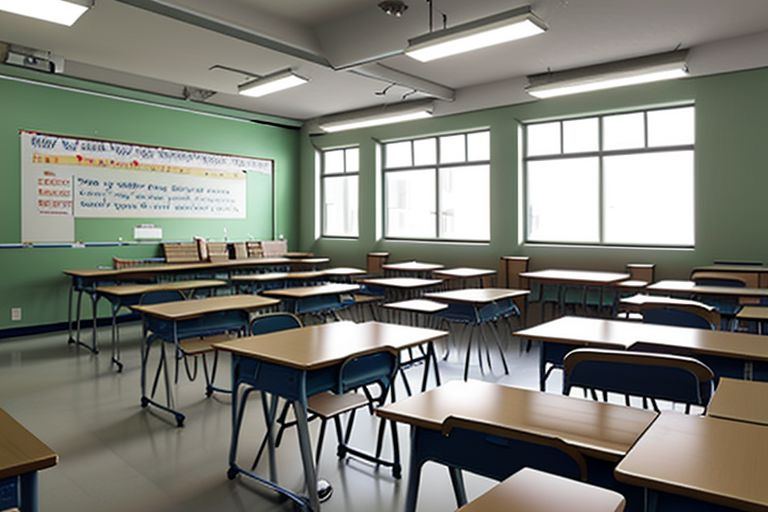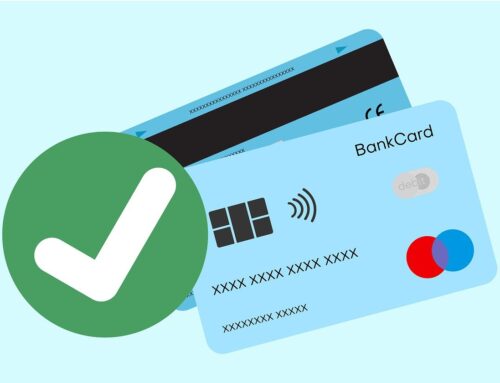
Affordable Advanced Education For an Expat’s Child in the Philippines
Living in the Philippines as an expat comes with all kinds of perks — great food, friendly people, and a laid-back vibe. But when it comes to your kid’s education, things can get a little tricky. International schools might sound like the easy choice, but those price tags? Not so friendly. The good news is that there are great private schools across the country that won’t break the bank — even with a budget around thirty five thousand pesos a year.
Skip the Big City Price Tags and Look Local
Metro Manila and other big cities are packed with schools, but that also means steeper tuition. Try looking just outside the city or in quieter provinces where schools still offer solid academics without the premium price. Some of these smaller schools have tight-knit communities, solid English programs, and advanced classes — you just have to dig a bit.
Find Schools That Match Your Child’s Strengths
If your child loves robotics, writing, or languages, try to find a school that leans into those interests. Not all schools are the same — some may focus more on STEM, others on the arts or foreign languages. And don’t assume that all specialty programs are expensive. Some schools include advanced classes as part of their regular curriculum without charging extra.
Ask About Scholarships — You Might Be Surprised
Lots of private schools quietly offer scholarships — and not just for top grades. Some offer discounts for foreign students, financial need, or even kids who show strong potential in sports or the arts. It’s worth asking every admissions office you talk to. You won’t always find this info on their website, but a quick call or email can go a long way.
Break Up the Bills to Make It Work
Not every school expects you to pay a full year’s tuition up front. Many offer installment plans so you can pay monthly or quarterly. If you have more than one child, ask about sibling discounts — many schools knock a good chunk off the tuition for second or third kids. Some schools even offer flexible payment plans just for expat families, so don’t be shy about asking.
Boost Your Child’s Opportunities With Test Prep and Culture
If college abroad is on the horizon, start prepping for things like the SAT or ACT early. Many affordable schools offer weekend or after-school prep classes or work with tutors. Outside of academics, encourage your child to dive into local clubs, events, and language classes. It makes the whole experience more meaningful and gives them an edge socially and academically.
Why Your Involvement Beats Any Tuition Bill
A parent’s steady interest is the secret sauce behind great grades and happy school days. Before you scout campuses or sign payment plans spend real time sparking curiosity at home. Read side by side each night even if it is just a comic or a short article. Chat about why the moon changes shape or how plants grow while you cook dinner. Show them that learning pops up everywhere not just inside a classroom. When kids know Mom or Dad loves discovering new things they walk into school ready to ask questions instead of zoning out at the back of the room. That mindset turns even an affordable school into a place where they thrive.
Turning Evenings Into Easy Routines That Stick
Good habits do not need military schedules but a little structure helps kids stay on track. Pick one table as the homework zone and keep pencils calculators and scratch paper ready so time is not wasted hunting for supplies. Set a regular start time right after a snack or a short play break. Keep study blocks short then add mini rewards like a quick bike ride or a favorite show. Consistency beats long cram sessions every time. After a few weeks your child will sit down out of habit instead of needing reminders and that rhythm makes tougher private school courses feel way less overwhelming.
Stay in the Loop With Teachers and Tutors
Teachers see your child in action every day so tap that resource early. Send a friendly message introducing yourself at the start of term and ask how best to support class goals at home. Show up for parent meetings even if they are online. Share updates from tutoring sessions and ask for pointers on upcoming topics. When tutors and teachers talk the same language your child hears one clear message rather than mixed signals. That united front can turn small struggles into quick wins before grades slip.
Affordable Schools Plus Targeted Tutoring Equals A Strong Combo
A reasonably priced private school gives your child a solid daily routine smaller classes and access to clubs or language programs. Add a part time tutor and you fill any knowledge gaps before they widen. The tutor focuses on tricky subjects or exam prep while the school handles the broad curriculum and social growth. Together they create a learning safety net that rivals high fee international campuses. This blend keeps costs manageable yet still opens doors to advanced placement courses and strong college applications later on.
Why One on One Help Makes Concepts Click Faster
Tutors tailor every session to your child’s pace and style. Maybe your daughter learns algebra best through visual puzzles or your son finally gets grammar when it connects to his favorite song lyrics. A good tutor spots that spark and uses it right away. That personalized approach can shave hours off homework time and boost confidence before big tests. And because sessions are flexible you can dial them up during exam season and scale back when grades stabilize keeping the budget under control.
Keep Everyone Talking So Goals Stay Aligned
Create a shared folder online where teachers tutors and you can drop notes about progress or upcoming projects. Review it together each weekend with your child so they feel included not audited. Celebrate small wins like a faster reading score or a cleaner essay draft. When children see adults collaborating instead of correcting they own their success and speak up sooner when they feel stuck.
Where To Find Schools And Tutors Without Breaking The Bank
Start with the Department of Education site to filter private campuses by city tuition band and available programs. Visit open house events to gauge class size and campus vibe. Join local expat parent groups on social media for unfiltered reviews and secondhand textbooks. For tutoring ask university students who often run affordable study sessions or use online platforms where you can sort by subject rating and hourly fee. Try a few trial lessons until the personality fit feels right.
Why Local Chinese Schools Could Be a Game-Changer for Your Expat Kid
If you’re raising a family in the Philippines and want to give your child an edge — academically, culturally, and maybe even career-wise — don’t sleep on local Chinese schools. These schools are all about bilingual learning, and no, they’re not about politics. They’re just a smart, local option for expats looking to mix strong academics with real-world language skills. Here’s what makes them worth checking out.
Learning Mandarin Isn’t Just Cool — It’s Crazy Useful
Mandarin is one of the most spoken languages in the world and knowing it opens doors in business, tech, travel — you name it. But the perks go way beyond future jobs. Kids who grow up bilingual often show stronger problem-solving skills, better memory, and sharper focus. Even cooler? Some studies show bilingual brains age slower. So you’re not just helping your child now — you’re giving them a lifelong advantage.
What Local Chinese Schools Actually Do Differently
These aren’t just schools that offer Mandarin as an extra subject. Local Chinese schools teach in Mandarin. Lessons, activities, announcements — the whole vibe is immersive. Most teachers are fluent, many are native speakers, and the goal is real-world fluency, not just test prep. Your child won’t just memorize vocabulary; they’ll learn how to think, ask questions, and express themselves clearly in Mandarin.
It’s not all language either. These schools also celebrate Chinese holidays, culture, and traditions — which gives your child a broader global perspective and helps them feel at ease in cross-cultural settings.
No Need to Be Chinese — Everyone’s Welcome
You don’t have to come from a Chinese background to enroll your child in a Chinese school. These schools are open to all nationalities and many even have support programs to help students catch up with the language if they’re starting from scratch. If your child is eager to learn and you’re willing to support them at home, they’ll adjust just fine.
Things to Think About Before You Enroll
Every school’s different — so take your time to research a few. Some Chinese schools might follow a slightly different structure than traditional private schools, and the academic style can lean more structured or formal depending on the school. It’s also good to know that many of these schools reflect Filipino-Chinese traditions, so your child will be stepping into a cultural experience as much as an academic one.
If you’re worried about politics — don’t be. These schools are local. They follow Philippine education rules set by DepEd. They’re not controlled or influenced by any foreign government. They’re just schools that value bilingual education and cultural heritage.
How to Start Your Search
Start with the basics. The Department of Education (DepEd) website has a list of all registered private schools — including many Chinese schools. Use it to filter by area. Then, hit up school websites. Some offer virtual tours or open houses. That’s a great way to get a feel for the vibe and facilities.
And don’t forget other parents — especially expat parents. Join Facebook groups or forums where other families share their experiences. You’ll get honest insights that school brochures won’t tell you.

















